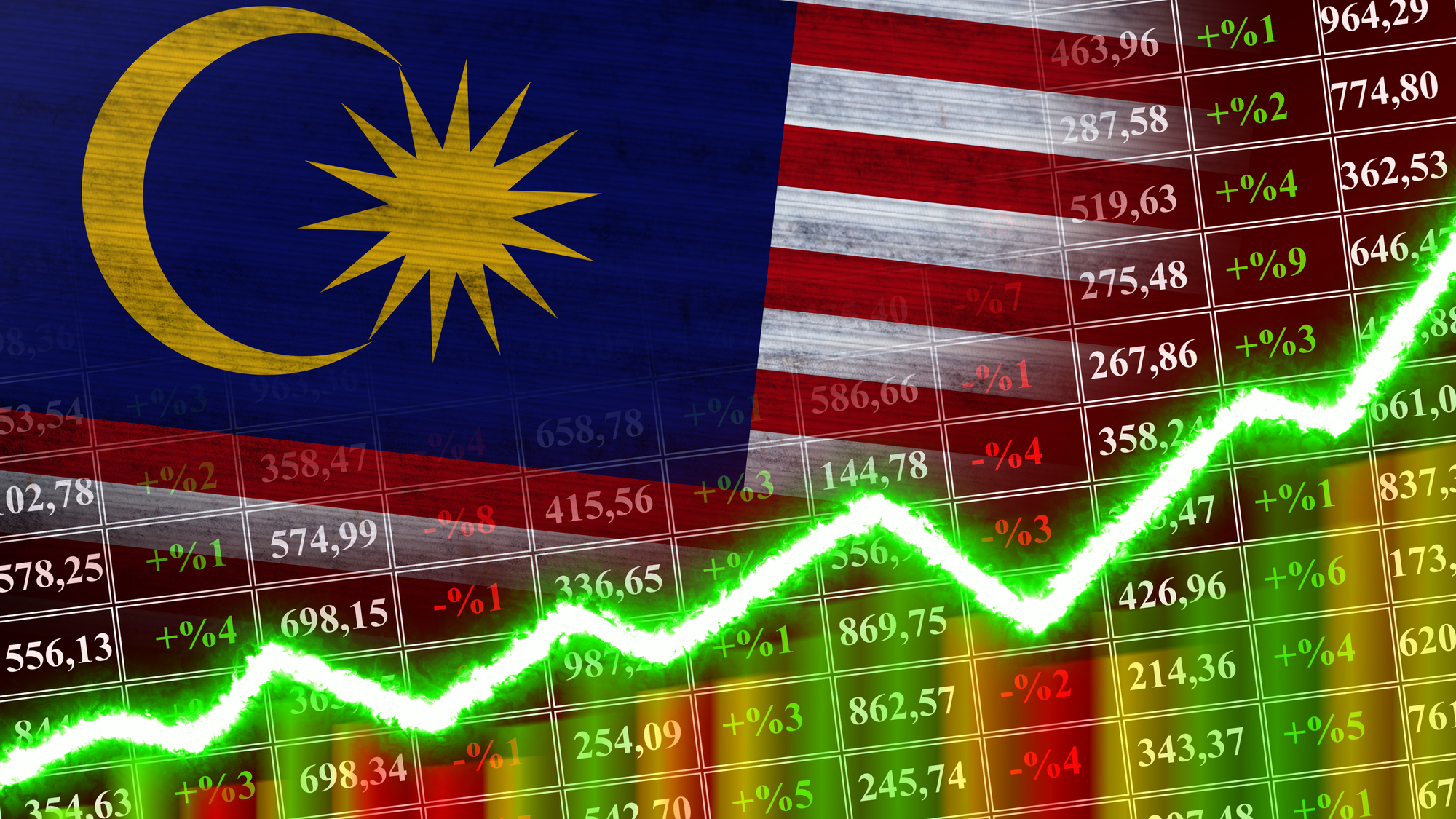MALAYSIA: Thanks to strong economic growth and an influx of foreign investment, Bursa Malaysia has seen its benchmark index rise by 17 per cent in the past year.
Al Jazeera reported that this turnaround has been fueled by increased investor activity, with 289,000 new trading accounts opened in the first seven months of 2024, almost double the total from all of 2023, according to the Bursa operator.
Financial planner Stephen Yong from Wealth Vantage Advisory explained that the market “appears to be emerging from a lost decade,” during which it was undervalued with little growth.
He says the outlook is positive as more funds flow into the Asia Pacific region, including Malaysia.
Over the past decade, Malaysia’s stock market has struggled due to political instability, economic challenges, and the fallout from the 1MDB financial scandal.
Between 2010 and 2020, the Kuala Lumpur Composite Index (KLCI), which tracks the top 30 companies by market capitalisation, fluctuated between 1,500 and 1,900 points with minimal gains.
The situation worsened in 2018, with the rapid turnover of prime ministers. Meanwhile, investor confidence was shaken by the COVID-19 pandemic.
In a 2019 Bloomberg article, Bursa Malaysia was labelled the “world’s worst major stock market” after a 14 per cent slump over the course of a year.
Ignatius Luke Jr Tan, a veteran investment banker with over 40 years of experience, described Malaysia’s stock market as having been “moribund” until recently.
According to Al Jazeera, Tan remarked, “For years, it was neither here nor there… A lot of people in Malaysia did not believe the stock market was a place to make money.”
Mr Tan explained that Malaysia, once viewed as an emerging tiger economy in the 1990s, began to lag behind its neighbours, like Singapore, following the 1997-98 Asian Financial Crisis.
He noted, “The stock market is a reflection of the economy. And post-2005, our economy was not primed towards growth. It was just chugging along.”
In December, Tong Kooi Ong, the owner of The Edge, a business newspaper, noted in a commentary that the KLCI had only generated an annual return of around 1 per cent over the past decade, which was lower than the returns from a fixed deposit.
However, things started to turn around this year, partly due to large investments from US tech companies such as Nvidia, Google, and Microsoft, pouring billions of dollars into Malaysia to boost their cloud and AI operations.
A July report by intelligence company DC Byte named Johor, Malaysia’s southern state, as Southeast Asia’s fastest-growing data centre market, with over 1.6 gigawatts (GW) of supply.
These investments, coupled with improved economic performance, have helped restore confidence in the market.
Malaysia’s economy has been on an upward trajectory, recording RM83.7 billion (S$25.45 billion) in approved investments in the first quarter of 2024.
This represents a 13 per cent rise from the previous year, with more than half of the investment coming from foreign sources.
In the second quarter of 2024, the country’s gross domestic product (GDP) grew by 5.9 per cent, making it one of the best performers in Southeast Asia.
Foreign investors also purchased a net total of RM1.50 billion in Malaysian stocks in the final week of August, the highest since March 2016, according to MIDF Research.
The stock market’s recovery has also been reflected in the rise of initial public offerings (IPOs). In the first nine months of 2024, the Bursa registered 34 IPOs, surpassing the 31 listings from the entire year of 2023.
Among the notable IPOs was 99 Speed Mart, which raised RM2.36 billion, marking Malaysia’s biggest stock market debut in seven years.
Despite the strong performance, Malaysia’s stock market is still smaller than that of regional players like Tokyo, Seoul, and Singapore. Bursa Malaysia is valued at nearly RM2 trillion.
However, its performance over the past year has been strong compared to much larger competitors.
According to financial audit firm Deloitte, in a July report, Malaysia led Southeast Asia in IPOs during the first half of 2024, raising about $450 million (S$589.75 million).
In May, the Bursa reached a market capitalisation of RM2 trillion for the first time, as the KLCI crossed the 1,600 mark for the first time in two years and has stayed close to that level since.
Market analysts expect further growth as the year progresses, supported by factors such as potential rate cuts from the US Federal Reserve, foreign direct investments, positive earnings reports from companies, strong ringgit, and favourable news from infrastructure project awards.
According to Al Jazeera, a spokesperson for Bursa Malaysia, the stock market’s strong performance is attributed to the country’s “stronger economic fundamentals… along with several macroeconomic factors.”
However, some experts are cautious. A veteran remisier, who spoke anonymously, pointed out that foreign investors, who have been driving much of the market’s growth, can quickly pull out if they find better opportunities elsewhere.
Political stability, which has been key to the market’s recent success, also remains a concern.
Prime Minister Anwar Ibrahim has managed to maintain stability since taking office in November 2022, but any political shifts could affect market confidence.
Speaking to Al Jazeera, Yeah Kim Leng, an economist at Sunway University, also pointed out concerns like slower global growth, increased financial market volatility, and supply chain disruptions that could impact Malaysia’s open economy.
Despite these concerns, some remain optimistic about the stock market’s future.
Eza Ezamie, managing director of Laughing Tree, a business funding matchmaker, expressed confidence in the market’s upward trend.
He stated that he believes this positive momentum will continue in the coming weeks and months as long as Malaysia maintains its consistency and the Overnight Policy Rate (OPR).
Mr Ezamie said, “I don’t see it (the stock market) other than going up,” as long as the country keeps its OPR steady, attracts foreign direct investment, maintains GDP numbers, and keeps inflation in check. /TISG
Featured image by Depositphotos (for illustration purposes only)

